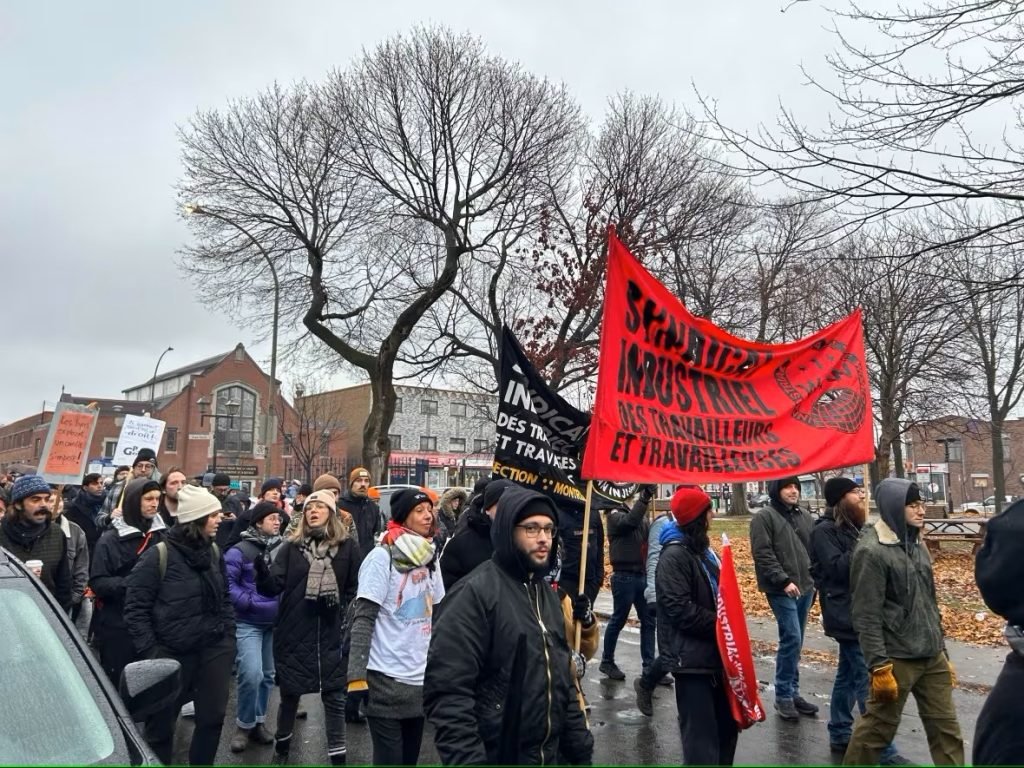
In the diverse and vibrant neighborhood of Parc-Extension in Montreal, a significant demonstration unfolded as residents rallied against Quebec’s controversial housing bill, Bill 31. This bill, currently under scrutiny, has sparked widespread concern due to its potential impact on tenant rights and the rental market.
Amy Darwish, the coordinator of the Comité d’action de Parc-Extension (CAPE), played a pivotal role in this protest. Darwish emphasized the importance of lease transfers in maintaining affordable rent and assisting tenants, especially during what she described as an “unprecedented housing crisis.” Bill 31, if passed, would empower landlords to refuse lease transfers without explanation and subsequently terminate leases. This provision, among others, has raised alarms among Parc-Extension’s residents.
The bill does include some measures ostensibly designed to protect tenants. For instance, landlords would be required to compensate evicted tenants up to one month’s rent for each year of residency. However, Darwish critiqued these changes as merely superficial, failing to address the fundamental issues of evictions and their impact on tenants.
The protest also highlighted personal stories underscoring the bill’s potential consequences. Edward Fell, a retired resident, shared his struggles with increasing rent demands that outpace his pension, leading to tough choices like forgoing essential groceries. Another resident, Raphaël Bosquet, voiced his frustration over repeated rent hikes despite minimal improvements to his living conditions.
In response, the office of the housing minister defended Bill 31, claiming it aims to restore balance between tenants and landlords, and protect against eviction while boosting housing supply. The ministry indicated that the bill is still under parliamentary committee review and that further measures are forthcoming to achieve the desired equilibrium in the rental market.
Landlords, represented by Martin Messier, the president of the Quebec Landlords Association, have expressed mixed feelings. While welcoming increased control over lease transfers, they argue that some bill provisions overly favor tenants, complicating rent increases and the profitability of property investments.
Amidst this debate, Quebec’s housing minister, France-Élaine Duranceau, faced ethical scrutiny. The province’s ethics commissioner found that Duranceau, a former real estate developer, breached the ethics code by meeting with a business partner and friend, potentially undermining public trust in government institutions.
This demonstration in Parc-Extension, therefore, is not just a local issue but a microcosm of the broader tensions and challenges in Quebec’s housing sector. It reflects the delicate balance between protecting tenant rights and ensuring a fair and profitable rental market, a balance that Bill 31 seeks to address but has so far stirred more controversy than consensus.
Sources: CBC news









